UPDATE3 Broadband Satellite Subsidy to Help 300000 Rural UK Premises
As expected the Government has today announced that the pilot of their subsidy scheme (here), which is designed to support the installation of Satellite broadband services in remote rural areas, has now been launched and made available to 300,000 of the most remote rural homes and businesses.
The pilot, which was first revealed as part of the Budget 2015 announcement (here), initially began in Suffolk and West Yorkshire (England) during September 2015 and it was always the plan to expand it out across the rest of the United Kingdom during December (focusing on the final 1% or so of the most rural areas).
The subsidy is being seen as a way for the Government to meet their original Universal Service Commitment (USC), which promised that everybody in the UK would have access to a minimum broadband download speed of at least 2Mbps. As such its focus is on the areas that the Broadband Delivery UK project may struggle to reach via their separate fixed line focused commitment to “superfast” (24Mbps+) speeds.
Crucially the announcement stresses that this Satellite subsidy will also be “separate from [the] longer term commitment” to introduce a new Universal Service Obligation (USO), which will impose a legally binding duty on BT (possibly others too) to ensure that everybody can get a minimum speed of 10Mbps by 2020 (details here).
Ed Vaizey, Digital Economy Minister, said:
“Our rollout of superfast broadband has already reached an additional 3.5 million homes and businesses who would otherwise have missed out. We are making tremendous progress, but it’s a massive engineering project and won’t happen overnight. This scheme offers immediate assistance to those homes and businesses in the most remote areas with the slowest speeds and is all part of our transformation of the UK’s digital landscape.”
At present you can pay up to £500 – £600 for Satellite hardware and installation (service subscriptions also start at around £15 per month for a tiny usage allowance), although equally the setup costs can be taken as a rental and absorbed via a higher monthly fee. In keeping with this the subsidy has taken a more flexible approach.
The subsidy, which will be administered by local authorities via a new code (i.e. supplied to eligible homes and businesses upon request), does not have a specific fixed value, but when used to obtain a Satellite broadband service from one of the selected ISPs it will reduce the total cost (i.e. installation and commissioning costs plus 12 monthly subscriptions) by around £350.
Mind you it’s worth remembering that Satellite is far from a perfect solution. The high cost of data is a big hindrance (limited flexibility), as are the poor latency times that make such connectivity useless for fast paced services like multiplayer gaming or mission critical financial trades (it doesn’t exactly help VPN either). See our article – Satellite Might Not be the Best Fix.
Never the less as a quick-fix for the USC it’s perfectly fine, provided you’re not a heavy data user and don’t mind being unable to take full advantage of the Internet. Sadly the announcement doesn’t say which Satellite ISPs are involved, although Avonline and Europasat have been involved with some of the related BDUK trials. We are trying to secure an official list.
UPDATE 7th Dec 2015 (6:44am):
We don’t yet have a full list of suppliers (hopefully something will arrive once the Government’s PR folk are back in the office), but new reports suggest that BT will begin supplying broadband Satellite services again through a new wholesale agreement to use Avanti’s spacecraft (HYLAS).
The national telecoms operator did use to offer its own Satellite solution (a very long time ago), but it was expensive and failed to keep pace with changes in the market. Eventually they scrapped their Satellite product in order to focus on fixed-line services, although the operator did recently hint at a return as part of the new subsidy scheme and so today’s news is not a surprise.
A number of other ISPs also sell services on the HYLAS platform, such as Avonline. We include the satellite platforms alongside each of the related providers in our Satellite ISP Listings. Most of the HYLAS options tend to offer top package speeds of 15Mbps, although some of the recent Government pilots also demonstrated “superfast” options running at up to 30Mbps.
One advantage of having BT involved is that it may force the other Satellite providers to up their game, although equally those that have spent years carving out a small slice of business in the sector for themselves may feel threatened by the incumbents influence and marketing advantage.
UPDATE 7th Dec 2015 (9:04am):
Avanti has just officially confirmed its new contract with BT, which makes them part of BT’s “supply of wholesale consumer broadband services which will be sold onwards to consumers in the UK through a network of satellite resellers under the auspices of the British Government’s Universal Service Commitment“.
David Williams, Chief Executive of Avanti, said: “We welcome this significant intervention by government to ensure that the Universal Service Commitment is met and we are pleased to serve the best interests of the UK consumer.”
UPDATE 7th Dec 2015 (2:07pm)
BDUK has just given us the current list of approved Satellite suppliers.
Avonline Broadband
Corsat
Digiweb
Primetech
There are around 6 more satellite providers currently going through the process to join the scheme, so more will be added. It’s worth pointing out that Digiweb appears to be more focused on Ireland / EU and Primetech doesn’t appear to supply residential services.
Mark is a professional technology writer, IT consultant and computer engineer from Dorset (England), he also founded ISPreview in 1999 and enjoys analysing the latest telecoms and broadband developments. Find me on X (Twitter), Mastodon, Facebook and Linkedin.
« Vodafone Claims Home Broadband Router is “future proof”
Latest UK ISP News
- FTTP (5531)
- BT (3518)
- Politics (2542)
- Openreach (2298)
- Business (2266)
- Building Digital UK (2247)
- FTTC (2045)
- Mobile Broadband (1977)
- Statistics (1790)
- 4G (1668)
- Virgin Media (1621)
- Ofcom Regulation (1465)
- Fibre Optic (1396)
- Wireless Internet (1391)
- FTTH (1382)
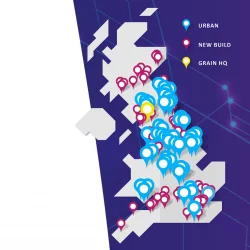

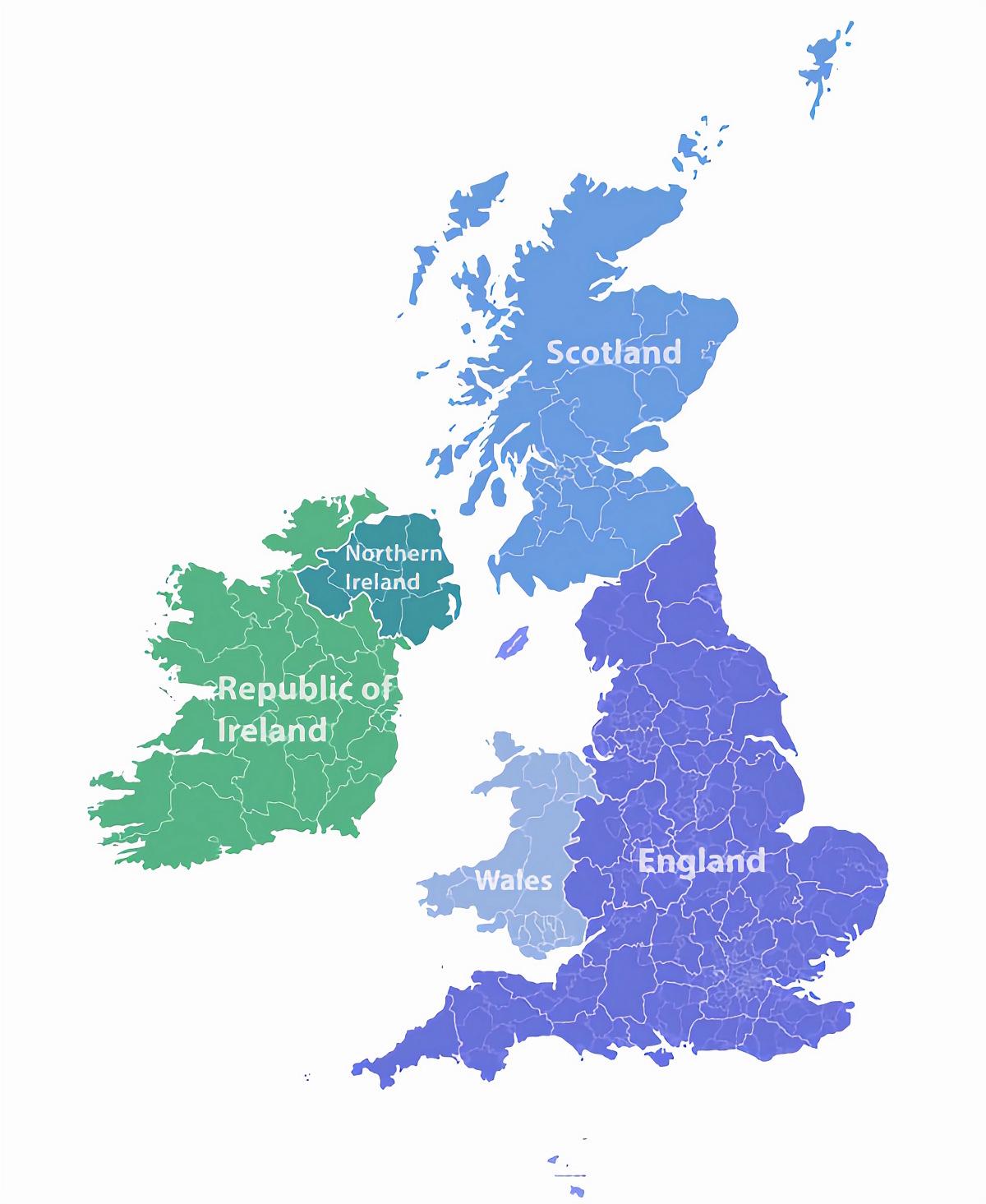
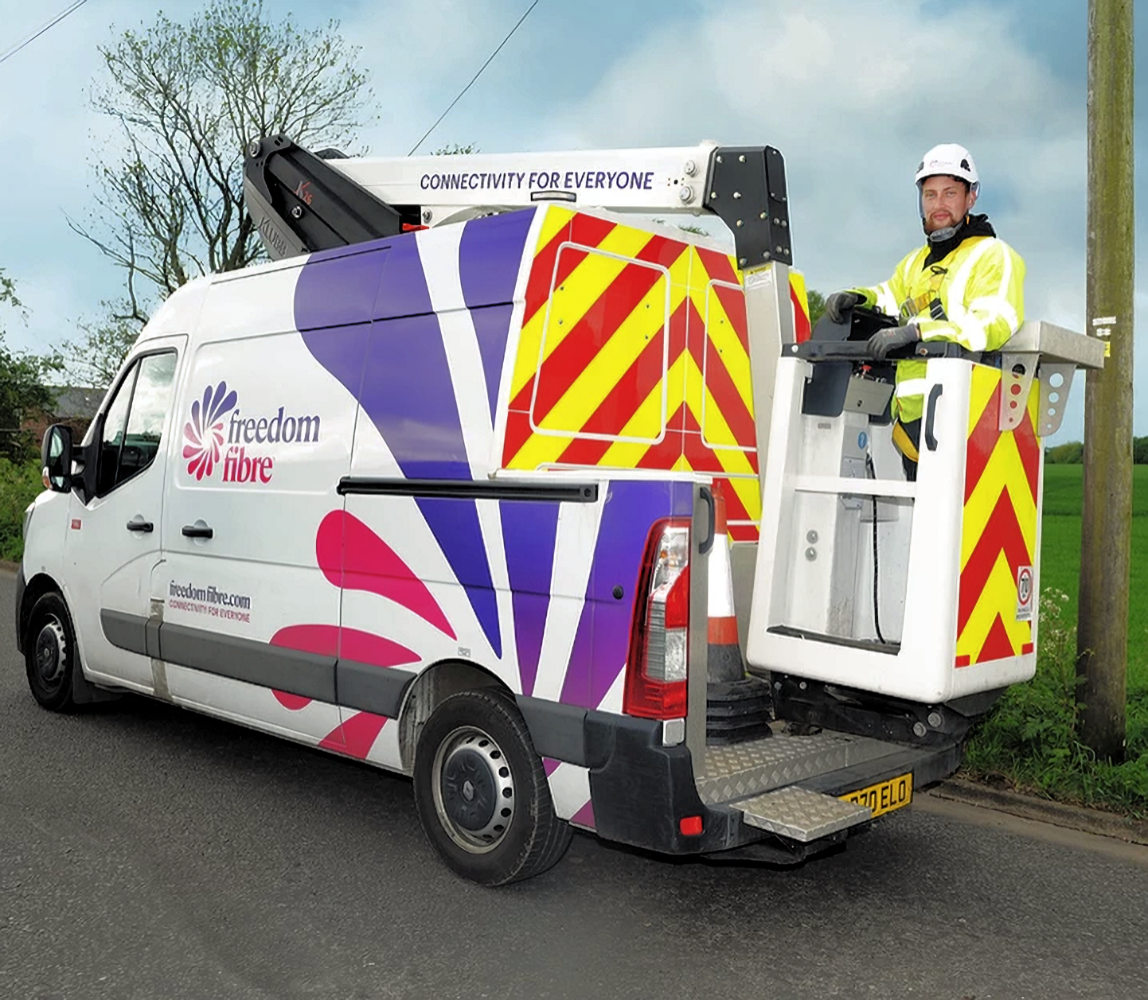

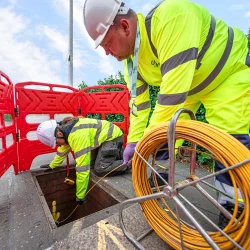












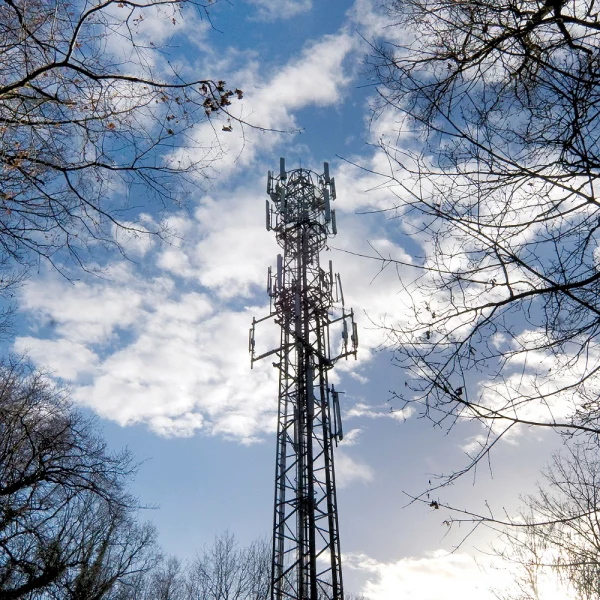
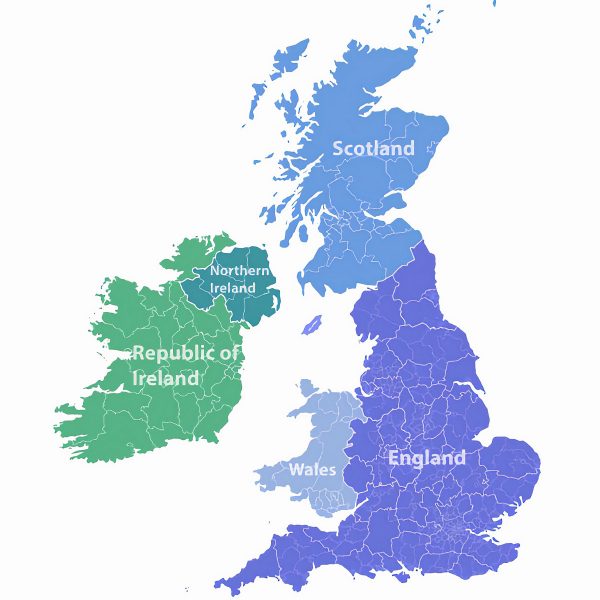
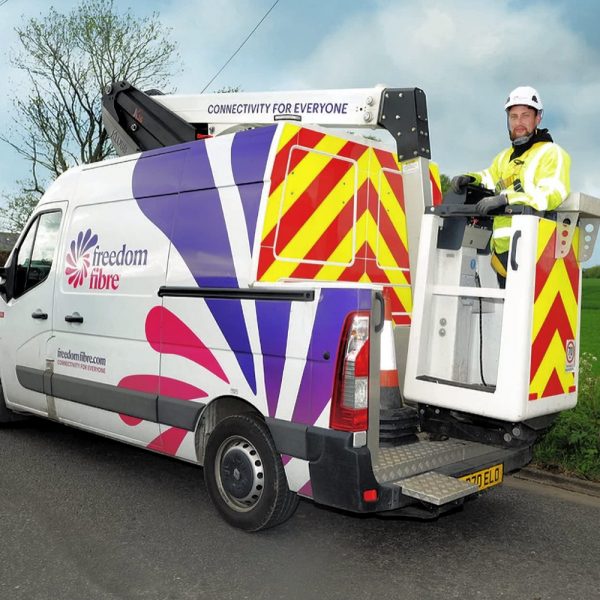



































Comments are closed